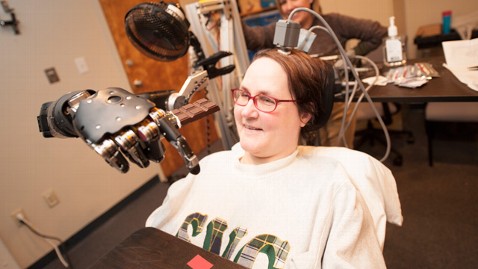‘Losses disguised as wins’: Slot machines and deception
Last week, Canadian researchers published a study showing that some modern slot machines ‘trick’ players – by way of their physiology – into feeling like they are winning when in fact they are losing. The researchers describe the phenomenon of ‘losses disguised as wins’, in which net losses involving some winning lines are experienced in the same way as net wins due to physiological responses to the accompanying sounds and lights. The obvious worry is that players who are tricked into thinking they’re winning will keep playing longer and motivate them to come back to try again.
The game set up is as follows: players bet on 15 lines simultaneously, any of which they might win or lose. A player will accrue a net profit if the total amount collected from all winning lines is greater than the total amount wagered on all 15 lines. Such an outcome is accompanied by lights and sounds announcing the wins. However, lights and sounds will also be played if any of the lines win, even if the net amount collected is less than the total amount wagered on all 15 lines. If a player bets 5 credits per line (5 x 15 = 75) and wins 10 back from 3 (= 30), then the player has actually lost money, even though the lights and sounds indicate winning. The loss, the researchers claim, is thus disguised as a win.Read More »‘Losses disguised as wins’: Slot machines and deception





